In Libya’s evolving food manufacturing landscape, the demand for premium cocoa liquor—sometimes called cocoa mass—has been steadily increasing. As chocolate confectionery, bakery, and dairy producers aim to raise their production standards and expand into international markets, one factor consistently stands out as a game-changer: sourcing high-quality cocoa liquor from a reliable supplier.
For factory managers, procurement officers, and production supervisors across Libya, cocoa liquor is more than just an ingredient. It’s the foundation of taste, texture, and performance in countless chocolate-based formulations. This article dives deep into the technical, operational, and sourcing dimensions of cocoa liquor in Libya, providing manufacturing professionals with an in-depth understanding of how to choose, evaluate, and benefit from the right supplier—while exploring how trusted partners like MT Royal are shaping the industry with global-grade solutions.
Understanding Cocoa Liquor: The Foundation of Chocolate Production
Cocoa liquor, or cocoa mass, is produced by grinding roasted cocoa nibs into a smooth, thick paste. Despite its name, it contains no alcohol. Instead, it’s a highly concentrated blend of cocoa solids and cocoa butter, forming the essential base of chocolate manufacturing.
In industrial applications, cocoa liquor determines:
- The flavor intensity of chocolate products
- The fat content and mouthfeel of the final product
- The melting behavior during tempering and molding
- The color and consistency in finished confections
For Libyan manufacturers, understanding these physical and chemical properties is key to optimizing batch consistency and product performance. The balance between cocoa butter content, particle size distribution, and fat crystallization behavior defines whether a chocolate coating will have a glossy finish or a dull surface, whether it will snap or bend, and whether it will remain stable under varying storage conditions.
Cocoa Liquor in the Libyan Industrial Market
Libya’s manufacturing sector has been expanding its food production base, particularly in the confectionery, bakery, and dairy sectors. With local producers striving to compete regionally, cocoa liquor supply has become a critical node in the production chain.
Unlike sugar or flour, cocoa liquor sourcing is complex. It demands not only access to quality beans but also reliable post-processing expertise. Factors such as bean origin (West Africa, Latin America, or Southeast Asia), roasting profile, and refining process significantly influence the liquor’s sensory and functional properties.
While local production capabilities in Libya are limited, import partnerships have become a vital solution. Suppliers like MT Royal have filled this gap by providing industrial buyers access to a curated selection of international brands known for consistency and quality.
The Manufacturing Value of High-Quality Cocoa Liquor
For plant supervisors and R&D teams, cocoa liquor is not a “one-size-fits-all” material. Its quality directly affects yield, tempering performance, and final product taste. Here’s how top-tier cocoa liquor benefits Libyan manufacturers:
- Consistency in Batch Production
Uniform particle size ensures smoother texture and better viscosity control, reducing variation between batches. - Optimized Fat Behavior
The right cocoa liquor simplifies tempering, improving crystallization and reducing rework time on production lines. - Enhanced Shelf Stability
Superior cocoa liquor minimizes fat bloom and oxidation, increasing the product’s visual and sensory stability. - Reduced Production Downtime
Consistent liquor quality means fewer machine adjustments, smoother flow through depositor heads, and improved throughput efficiency.
As we’ve observed working with large-scale confectionery and chocolate coating manufacturers, investing in premium cocoa liquor has a measurable impact on operational performance—saving hours of maintenance and preventing costly batch failures.
Key Considerations When Choosing a Cocoa Liquor Supplier in Libya
Selecting a supplier is a technical and strategic decision. Factory procurement managers often face challenges related to pricing, logistics, and product uniformity. The following parameters help ensure sourcing success:
1. Origin and Bean Profile
Different bean varieties yield different flavor profiles and fat contents. For instance:
- West African beans deliver a strong cocoa flavor suitable for mass-market chocolate.
- Latin American beans, such as those used in premium brands like Latamarko, provide richer aroma and smoother mouthfeel.
2. Processing Technology
European manufacturers, especially those with Spanish engineering, have refined conching and refining technologies that ensure superior liquor texture. This is where Latamarko has established a reputation—its precision-controlled grinding systems deliver a consistent particle size that’s ideal for industrial chocolate applications.
3. Supply Chain Reliability
Timely and consistent delivery is essential to maintaining production flow. A trusted partner like MT Royal ensures a robust logistics framework that supports factories in Tripoli, Misrata, Benghazi, and other industrial centers with dependable supply schedules.
4. Technical Support and Documentation
Manufacturers should look for suppliers offering detailed product data sheets, certificates of analysis, and technical guidance for integration into various formulations.
How MT Royal Supports Libya’s Industrial Manufacturers
At MT Royal, we understand the intricacies of industrial chocolate manufacturing. We’ve worked closely with production facilities across North Africa, ensuring they receive consistent, high-performance ingredients tailored to their operational requirements.
Our approach is built around three principles:
- Reliability — ensuring supply continuity through strong logistics and partner networks
- Quality Alignment — sourcing from globally recognized producers to guarantee compliance with international food standards
- Customization — helping manufacturers match liquor profiles with desired sensory and technical outcomes
By offering brands like Latamarko, we provide Libyan manufacturers access to premium-grade cocoa liquor known for its smooth texture, balanced acidity, and stable fat composition.
Technical Aspects of Cocoa Liquor Evaluation
Before integrating cocoa liquor into your production line, several analytical tests are crucial to ensure consistency:
| Parameter | Description | Industrial Impact |
|---|---|---|
| Fat Content (%) | Ratio of cocoa butter to solids | Determines mouthfeel and tempering behavior |
| Viscosity (mPa·s) | Flow property during mixing | Influences pumping and depositor performance |
| Particle Size (µm) | Degree of fineness | Affects texture and smoothness |
| Flavor Profile | Based on bean origin and roast | Impacts end-product taste |
| Moisture Content (%) | Must be <1.5% | Prevents microbial growth and off-flavors |
These parameters form the foundation for quality control and process optimization. By analyzing and aligning them with your equipment settings—like conching duration or fat addition ratios—you can achieve superior, repeatable results.
Avoiding Common Procurement Pitfalls
Many manufacturers in developing markets fall into avoidable traps when sourcing cocoa liquor. Below are the most frequent issues and how to overcome them:
- Overemphasis on Price: Cheaper liquor often leads to higher processing costs due to inconsistent viscosity or fat content.
- Ignoring Origin Transparency: Lack of documentation on bean sourcing can risk product recall and brand reputation.
- Neglecting Storage Conditions: Cocoa liquor must be stored under stable temperature (16–20°C) to prevent fat separation.
- Single-Sourcing Dependency: Relying on one supplier increases vulnerability to shipment delays or geopolitical disruptions.
We’ve seen facilities significantly improve their operational stability simply by diversifying supply partners and introducing quality audits in collaboration with suppliers.
Industrial Sourcing Strategy for Libyan Manufacturers
In Libya’s emerging market, efficiency and cost control are paramount. Manufacturers should adopt a structured sourcing framework:
- Benchmark Quality Parameters – Define your factory’s required fat content, particle size, and viscosity range.
- Request Pilot Batches – Test liquor compatibility with existing machinery before bulk orders.
- Assess Supplier Stability – Evaluate storage facilities, logistics partners, and financial reliability.
- Negotiate Long-Term Contracts – Secure consistent pricing and reduce volatility in international cocoa markets.
At MT Royal, we help manufacturers align sourcing strategies with production realities—whether it’s scaling up seasonal output or optimizing year-round chocolate coating operations.
The Role of Premium Brands like Latamarko
In the European cocoa liquor segment, Spanish engineering has long been admired for its precision and reliability. Brands such as Latamarko exemplify these strengths by integrating advanced conching techniques, real-time viscosity monitoring, and traceability systems that guarantee batch uniformity.
For Libyan factories aiming to supply international markets or private-label chocolate brands, Latamarko’s cocoa liquor offers a superior balance between aromatic intensity and technical stability. Its controlled particle distribution reduces friction losses during mixing, improving production throughput and cutting energy costs—key concerns for plant engineers optimizing efficiency.
Frequently Asked Questions
1. What distinguishes cocoa liquor from cocoa powder or cocoa butter?
Cocoa liquor contains both cocoa solids and cocoa butter, whereas cocoa powder is the defatted portion, and cocoa butter is the extracted fat component.
2. How should cocoa liquor be stored in industrial facilities?
Store in stainless steel containers or lined drums, at 16–20°C, away from light and strong odors to maintain stability.
3. Is locally produced cocoa liquor available in Libya?
Local processing remains limited, so imports from trusted suppliers like MT Royal remain the most reliable option.
4. Can cocoa liquor be customized for specific applications?
Yes. MT Royal collaborates with manufacturers to match liquor viscosity and flavor strength to their production requirements.
Final Thought
Industrial excellence isn’t achieved through machinery alone—it’s built on consistent materials, dependable partners, and data-driven decisions. For Libya’s manufacturers stepping into the regional confectionery and chocolate export arena, one foundational choice defines product success: selecting the right cocoa liquor supplier.
When you partner with an experienced distributor like MT Royal, you’re not merely purchasing raw material—you’re securing consistency, technical support, and a supply chain built for industrial performance. Premium European brands such as Latamarko demonstrate what happens when engineering meets quality, setting benchmarks that forward-looking Libyan factories can emulate.
In a market where precision, timing, and taste define competitiveness, the manufacturers who invest in the right ingredients today will lead the market tomorrow.
latamarko alkalized cocoa powder lm60
cocoa powder for chocolate production-Best price
Food industry raw materials – list of products
Types of Gelatin from Turkish Manufacturer
Alkalized Cocoa Powder Bulk Supplier


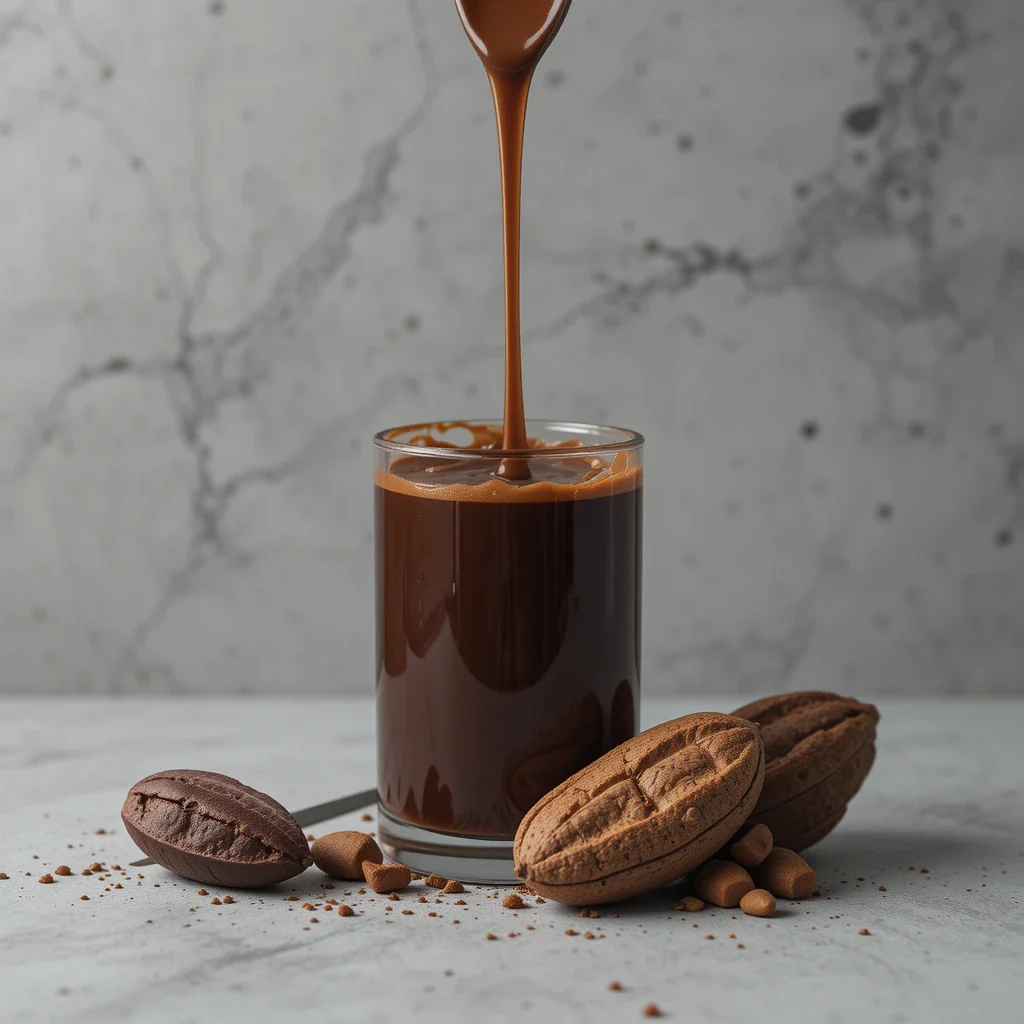
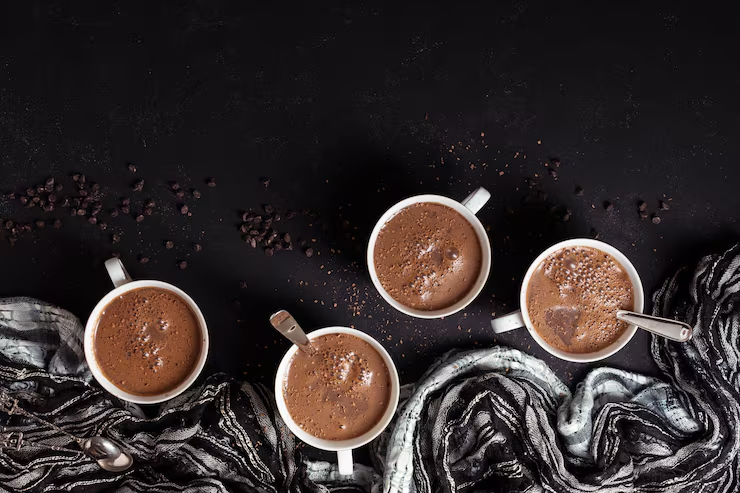
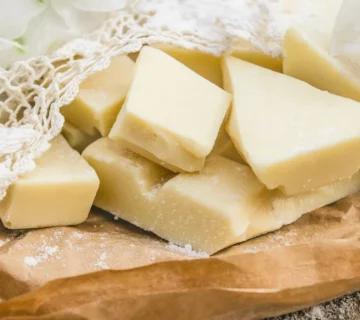
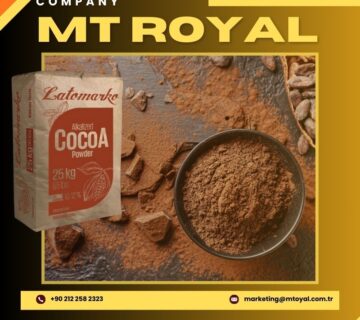
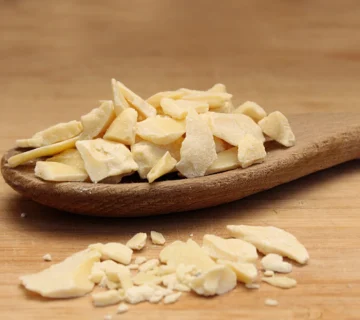
No comment